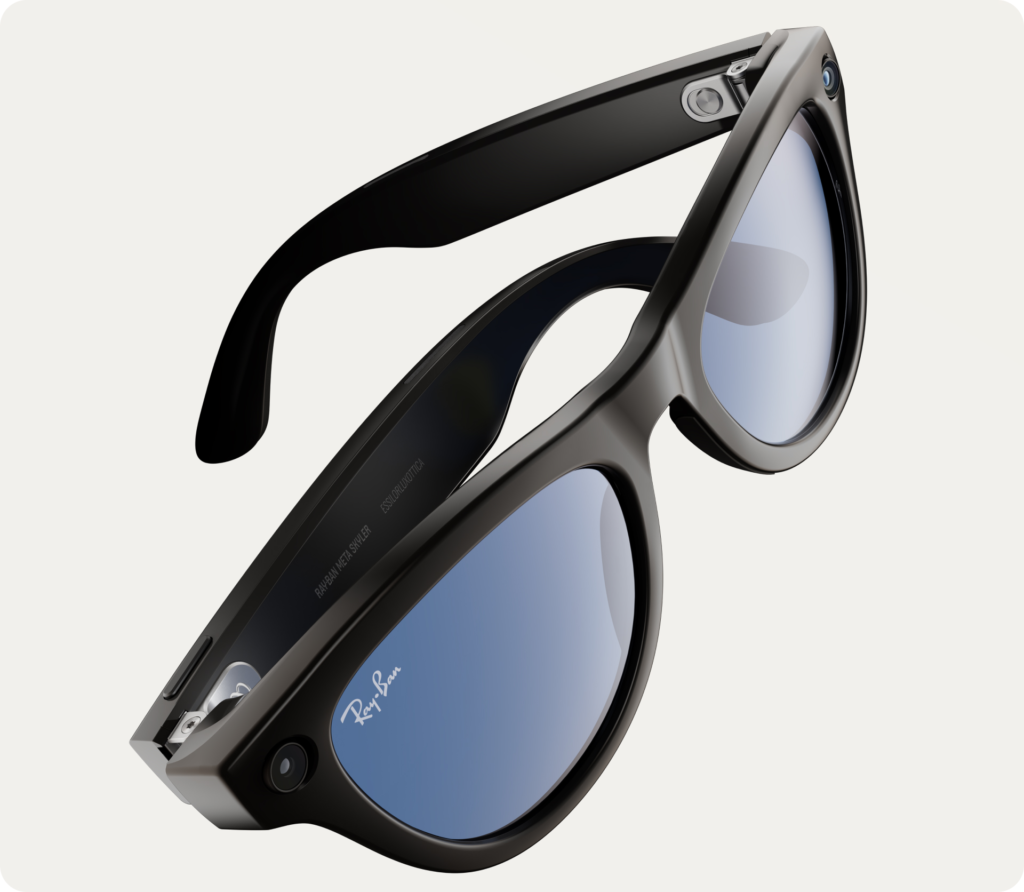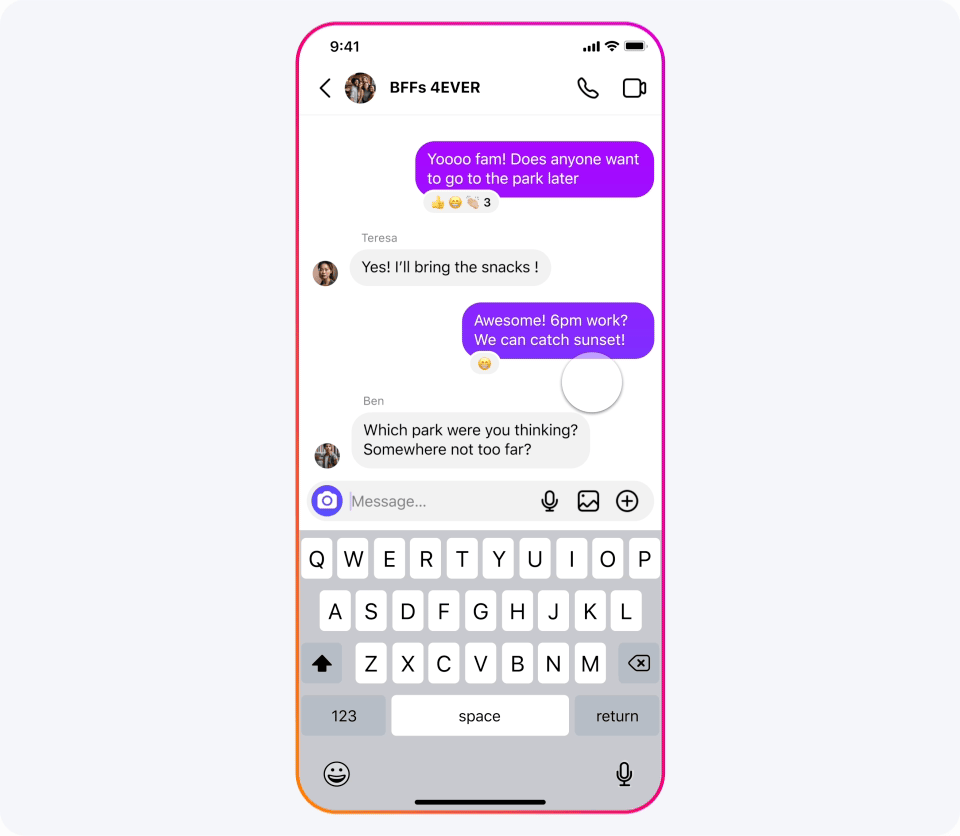Skift Take
These AI-powered smart glasses offer an early glimpse at what on-the-go virtual travel assistants could be.
Imagine you’re visiting the Colosseum in Rome for the first time, and you want your friends to enjoy the same view through the lenses you’re wearing.
Now that’s possible with updates to the Ray-Ban Meta smart glasses, according to Meta, the company that owns Facebook, Instagram, and Whatsapp.
The big tech company said this week that it is updating its Ray-Ban Meta smart glasses with voice-activated AI tech that could be useful for travelers.
Travel experts have said since generative AI was first released that it could lead to consumers having high-tech digital travel assistants in their pockets. The AI that powers these glasses is still far from fulfilling that vision, but it offers a new glimpse at how that future could look.
Features for Travelers
That includes the ability for hands-free video calling through WhatsApp and Messenger, enabling users to share their view through the lenses of the glasses.
And, the update enables the AI to see and answer questions about what the user can see through the lenses. If the user is traveling in France and needs help translating a menu, the glasses can show the translated text without the need to look at a phone screen, according to Meta.


The user could also look at a building or monument and ask the glasses for more information about it, or ask about what to do in a new city. The response comes in an audio format or is shown via text that the wearer can see through the lenses.
Users can also ask the AI to control features, like playing music, or draft a caption for a photo that was just taken with the glasses.
Users activate the tech by saying, “Hey Meta,” and then ask their question.
Tech influencer Cleo Abram posted a paid video in partnership with Ray-Ban and Meta displaying what the glasses can do, shown below.
The beta version of this technology, called Meta AI with Vision, is available to users in the U.S. and Canada.
“Glasses are the ideal device for an AI assistant because you can let them see what you see and hear what you hear. So they have full context on what’s going on around you as they help you with whatever you’re trying to do,” said Mark Zuckerberg, CEO of Meta, during an investor call this week.
Meta and Ray-Ban released the first version of these smart glasses in March 2022 — a more stylish redo of a similar product that Google stopped making in 2015.
Along with updated tech, the latest generation includes multiple new styles. The glasses are built with an ultra-wide 12 megapixel camera, speakers, and five microphones, allowing users to take photos and videos that are automatically saved to their connected smartphones.


Updated AI from Meta
The AI integrated into the Ray-Ban Meta smart glasses comes from Meta’s latest generative AI tech model, called Llama 3.
The company last week released updated versions of its Meta AI chatbot — accessible through Whatsapp, Instagram, Messenger, and Facebook — based on the Llama 3 model.
Meta released the first version of its Meta AI chatbot last October.
In the announcement of its latest version, Meta showed examples of how travelers could use the chatbots, such as asking for recommendations about restaurants, events, and flights.



